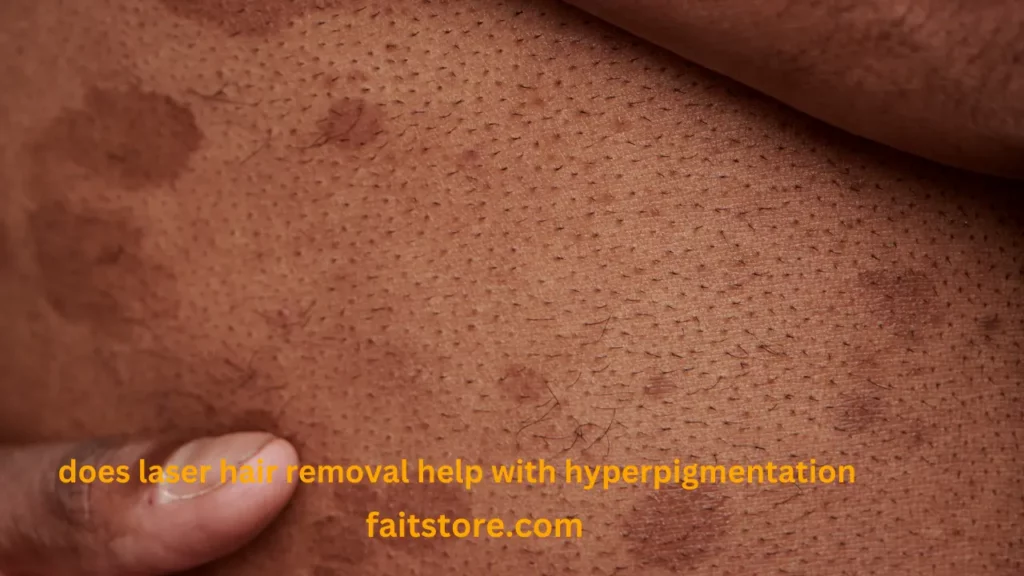Can Laser Remove Pigmentation Permanently?
Can Laser Remove Pigmentation Permanently?
Pigmentation is a common skin issue that various factors, including sun exposure, hormonal changes, and genetics, can cause. Many people with pigmentation try multiple treatments to lighten or remove their pigmentation, and one popular treatment is laser therapy. Laser therapy is a non-invasive procedure that uses light energy to target and break down the pigment in the skin. But can laser therapy remove pigmentation permanently? In this article, we will explore this question in depth. Can laser remove pigmentation permanently?
What is Laser Therapy for Pigmentation?
Laser therapy for pigmentation is a medical procedure that uses high-energy light to reduce or eliminate areas of darkened skin. The treatment works by targeting the melanin pigment in the skin, which gives the skin its colour.
During the procedure, a laser device emits light energy that is absorbed by the melanin in the skin. This causes the melanin to break down into smaller particles, which the body’s natural processes remove. The result is a reduction in the appearance of pigmentation, such as age spots, freckles, and sun damage.
The treatment is generally safe and non-invasive and can be used on various body areas, including the face, neck, chest, and hands. However, it is essential to note that laser therapy for pigmentation may not be suitable for everyone, and a consultation with a qualified medical professional is recommended before the procedure. Can laser remove pigmentation permanently?

How Does Laser Therapy Work?
Laser therapy emits a focused light beam that delivers energy to specific cells or tissues. The light energy is absorbed by the target cells, which then convert it into heat energy. This heat energy causes the cells or tissues to undergo a biological reaction, which can have various therapeutic effects.
The specific wavelength and intensity of the laser light can be adjusted to target different types of cells or tissues in the body. For example, lasers used for skin treatments are designed to target melanin pigments or blood vessels in the skin. In contrast, lasers used for medical procedures can destroy cancer cells or treat other conditions. Can laser remove pigmentation permanently?
The use of lasers in medicine and therapy has several advantages over traditional treatment methods. Laser therapy is generally less invasive than surgery and can be outpatient. It also causes less damage to surrounding tissues and reduces the risk of infection or complications. Additionally, laser therapy can be more precise than other treatments, allowing for targeted therapy with minimal damage to healthy tissues.
Can Laser Therapy Remove Pigmentation Permanently?
Laser therapy can effectively reduce or eliminate pigmentation, but it may not always be permanent. The results of laser therapy depend on several factors, including the type and severity of pigmentation, the type of laser used, and the individual’s skin type and condition.
Laser therapy can sometimes wholly remove pigmentation, resulting in long-lasting or permanent results. However, in other cases, the pigmentation may return over time, primarily if the underlying cause, such as sun damage or hormonal changes, is not addressed. Can laser remove pigmentation permanently?
It is also important to note that some individuals may require multiple laser therapy sessions to achieve the desired results. Laser therapy may not be suitable for everyone, and a consultation with a qualified medical professional is recommended before the procedure.
Laser therapy can be an effective treatment for pigmentation, but the results may vary depending on the individual’s skin and the specific conditions.


Comments
Post a Comment